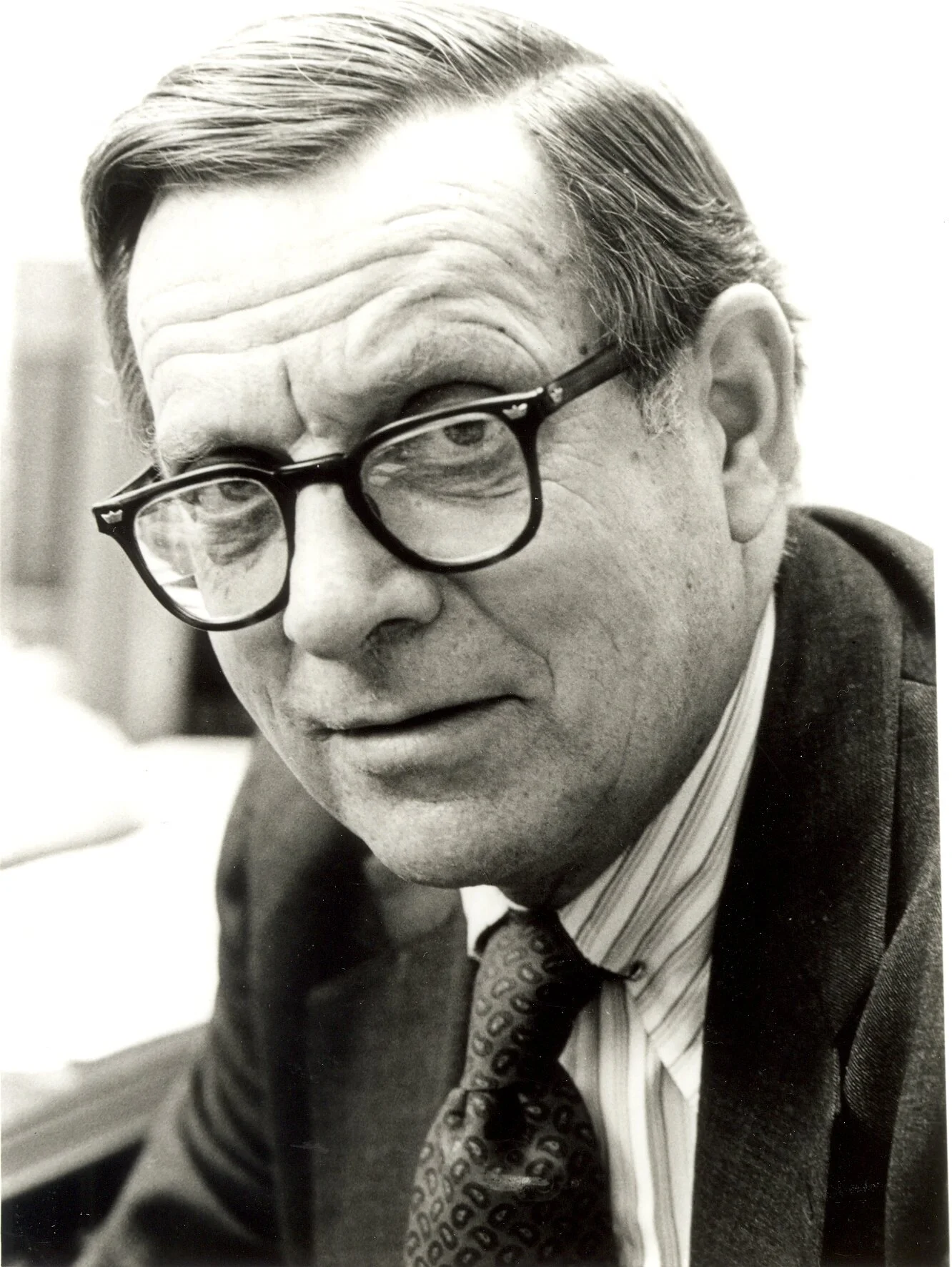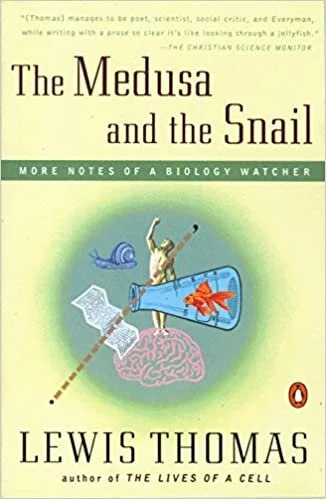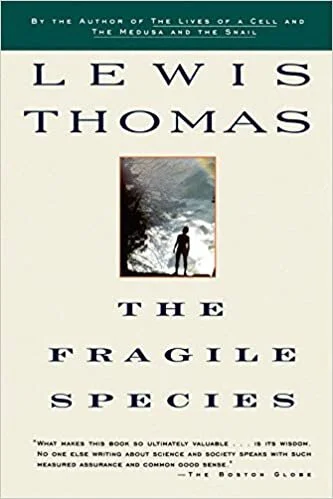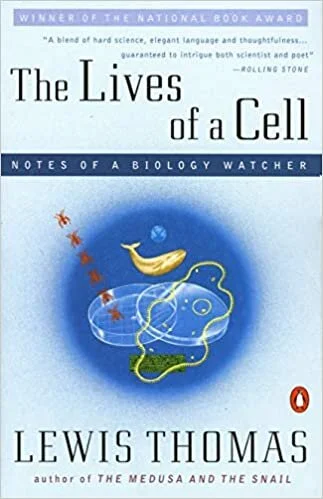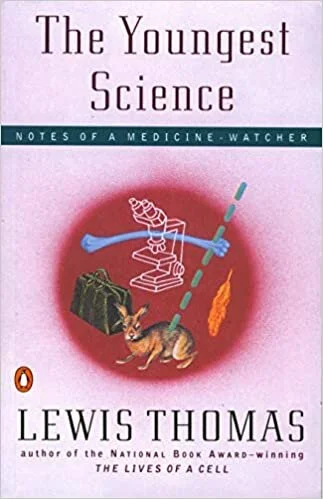THE ESTATE OF LEWIS THOMAS
“If Wordsworth had gone to medical school, he might have produced something very like the essays of Lewis Thomas" — TIME
Lewis Thomas, described as "the poet-philosopher of medicine" by the New York Times, was a doctor, teacher, administrator, and writer, known for his books that made accessible to ordinary readers the complexities of science and medicine. He was born in Queens, NY in 1913 to a doctor and a nurse; medicine would become for him not just the study of biology but of the relationship between practitioner and patient. He received his B.S. in Biology from Princeton, attended Harvard Medical School, interned at Boston City Hospital, and completed his residency at Columbia Presbyterian Medical Center. He served in the U.S. Navy and assumed positions at a number of medical schools before joining Memorial Sloan-Kettering Cancer Center, where he would rise from president and CEO to chancellor to president emeritus.
Thomas’ honors included the Association of American Physicians Kober Medal, the John Stearns Award for Lifetime Achievement in Medicine, and a dedication of Princeton University's molecular biology facility: The Lewis Thomas Laboratory. As a writer, his books on biology, science, medicine, were as popular as they were critically acclaimed. THE LIVES OF A CELL won the National Book Award, having been nominated by both the arts & letters panel, and the science panel. In 1988, Thomas was diagnosed with Waldenström's Disease, a rare form of cancer. He died in 1993 at the age of 80.
